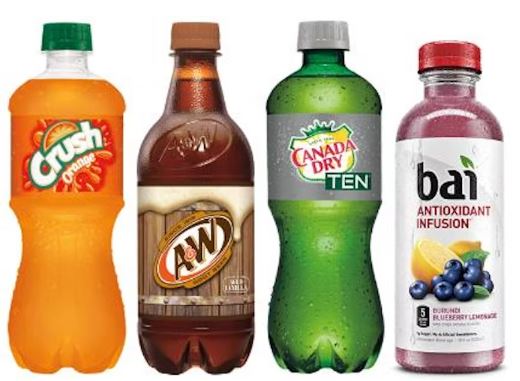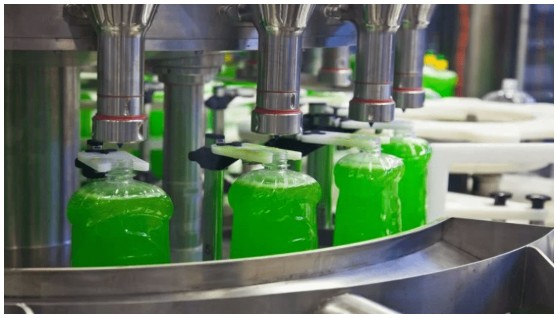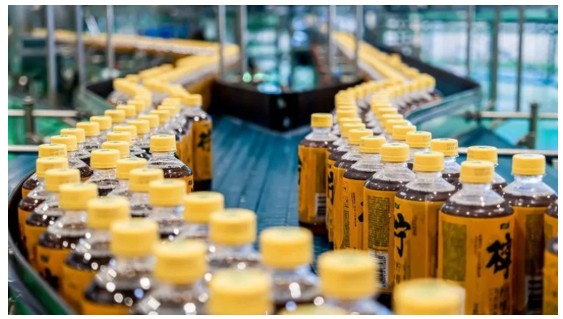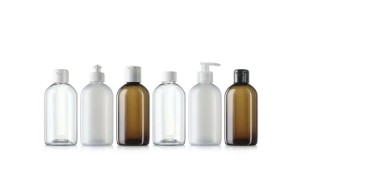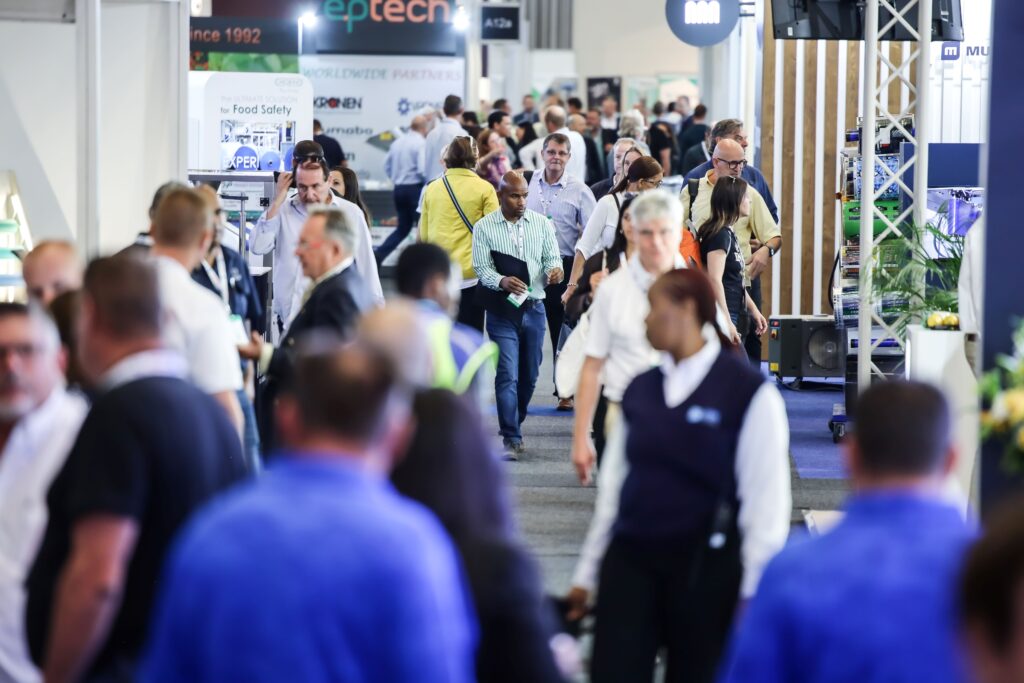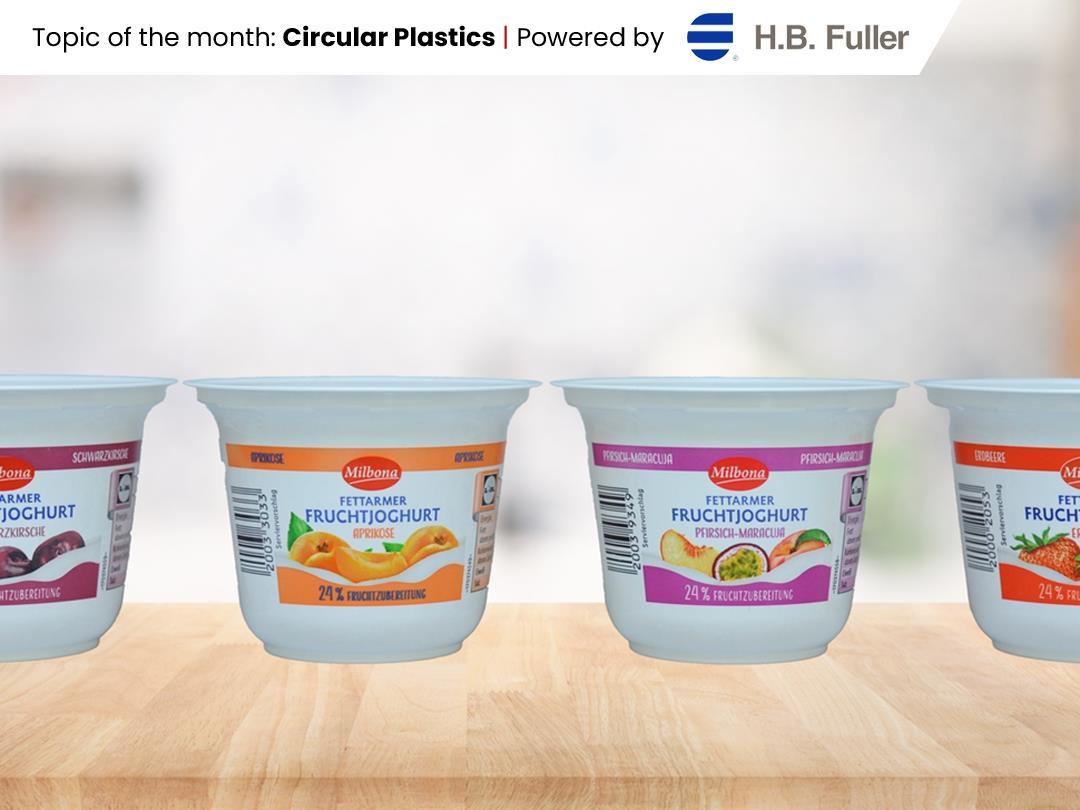See a few examples of refillable and reusable packaging solutions from Keurig Dr Pepper, Heinz, and Clover Sonoma from ThePackHub’s May Packaging Innovation Briefing Report.
Recycling initiatives continue to be one of the most active sustainability areas driven by challenging Plastic Pacts around the world that are part of a three-pronged objective to deliver 100% recyclable packaging by 2025. Pending packaging taxes that require 30% recycled content are influencing change as well as the focus on stretching recycling targets.
Investment Advisory Firm Successfully Pushes Keurig Dr Pepper for More Sustainable Packaging
Green Century Funds, a responsible investment advisory firm, has successfully pushed Keurig Dr Pepper (KDP) to adopt more sustainable packaging practices. The firm urged KDP to consider their single-use plastic pods’ environmental impact and invest in alternative solutions. As a result, KDP has announced a new commitment to sustainability, promising to make all K-Cup pods recyclable by the end of 2022 and to use 30% post-consumer recycled plastic in all K-Cup pods by 2025. Additionally, KDP plans to pilot a program allowing customers to return used K-Cup pods for recycling. As more investors prioritize sustainable investments, companies like KDP will continue to face pressure to adopt more eco-friendly practices. This success demonstrates the power of responsible investing in encouraging companies to prioritize sustainability.
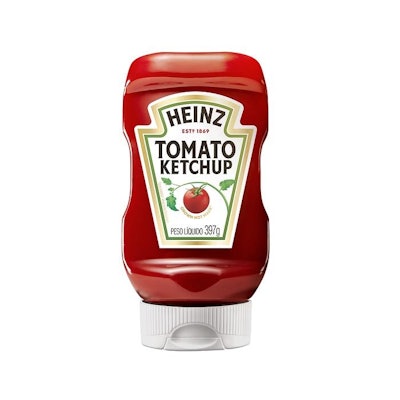 Heinz Brazil’s new recycled PET sauce bottles are estimated to save around 700 metric tons of virgin material each year.
Heinz Brazil’s new recycled PET sauce bottles are estimated to save around 700 metric tons of virgin material each year.
Heinz Brazil is moving its ketchup, barbecue sauce, and mayonnaise to a new bottle that contains 30% recycled PET (polyethylene terephthalate) material. The move, which will not affect the shape or color of the bottles, is estimated to save around 700 metric tons of virgin material per annum. The new packaging was developed in just under a year by Sao Paulo-based Valgroup, who are the largest plastic producers, transformers, and recyclers in Latin America. Because these products contain no additives or preservatives, Kraft Heinz demanded a quality PET PCR resin to guarantee the integrity of the product’s taste, smell and color. Kraft Heinz is starting to implement this change in packaging material with the Heinz brand, but the idea is to move to the company’s other SKUs. The initiative is part of the company’s global goal of producing 100% of its packaging with recycled, recyclable or compostable material by 2025.
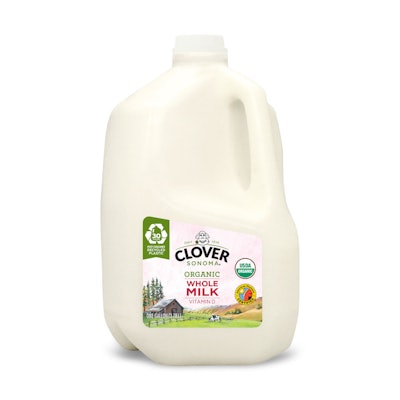 Clover Sonoma’s new milk jugs are made with Envision’s EcoPrime food contact-approved rHDPE.
Clover Sonoma’s new milk jugs are made with Envision’s EcoPrime food contact-approved rHDPE.
Dairy Company Clover Sonoma Moves to Jug That Contains 30% rHDPE
Californian dairy company Clover Sonoma has announced that it has moved its one gallon (3.78 litres) organic milk to a new jug that contains 30% rHDPE(recycled high-density polyethylene). The material chosen for the bottles is Envision’s EcoPrime food contact-approved rHDPE, which has been available for more than 15 years, but manufacturers and brands have been slow to adopt the material, which is believed to be due to a lack of experience running PCR (post consumer recycled) materials, and also cost, as PCR resin is 8 to 10% more expensive than virgin HDPE resin. Another challenge for milk producers seeking to use rHDPE in their milk jugs has been sourcing clear PCR content. PCR content in other consumer packaged goods products is more readily available, but food-grade PCR content less so until now. EcoPrime is made from curbside-recycled food and beverage packaging and uses a unique, patented cleaning process designed to eliminate contaminants.
Source:

